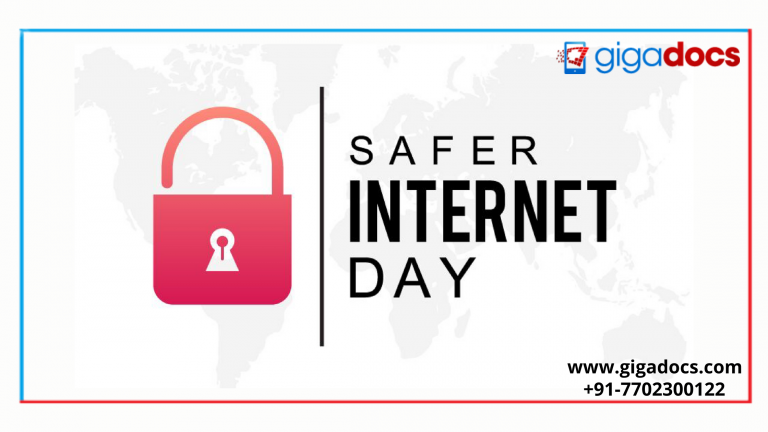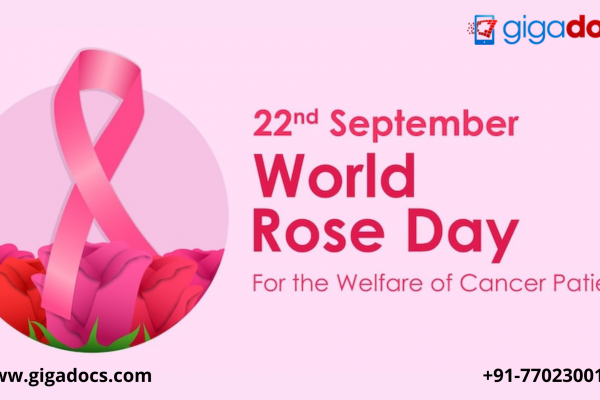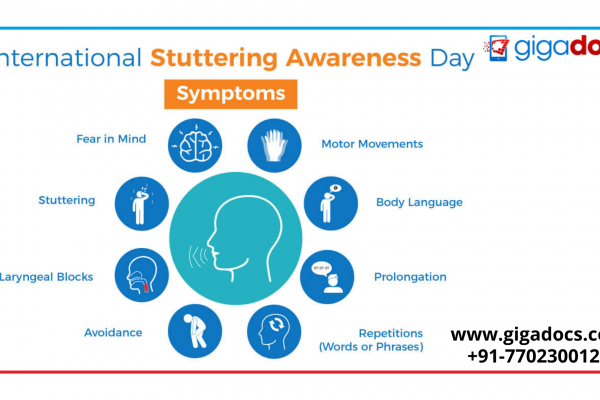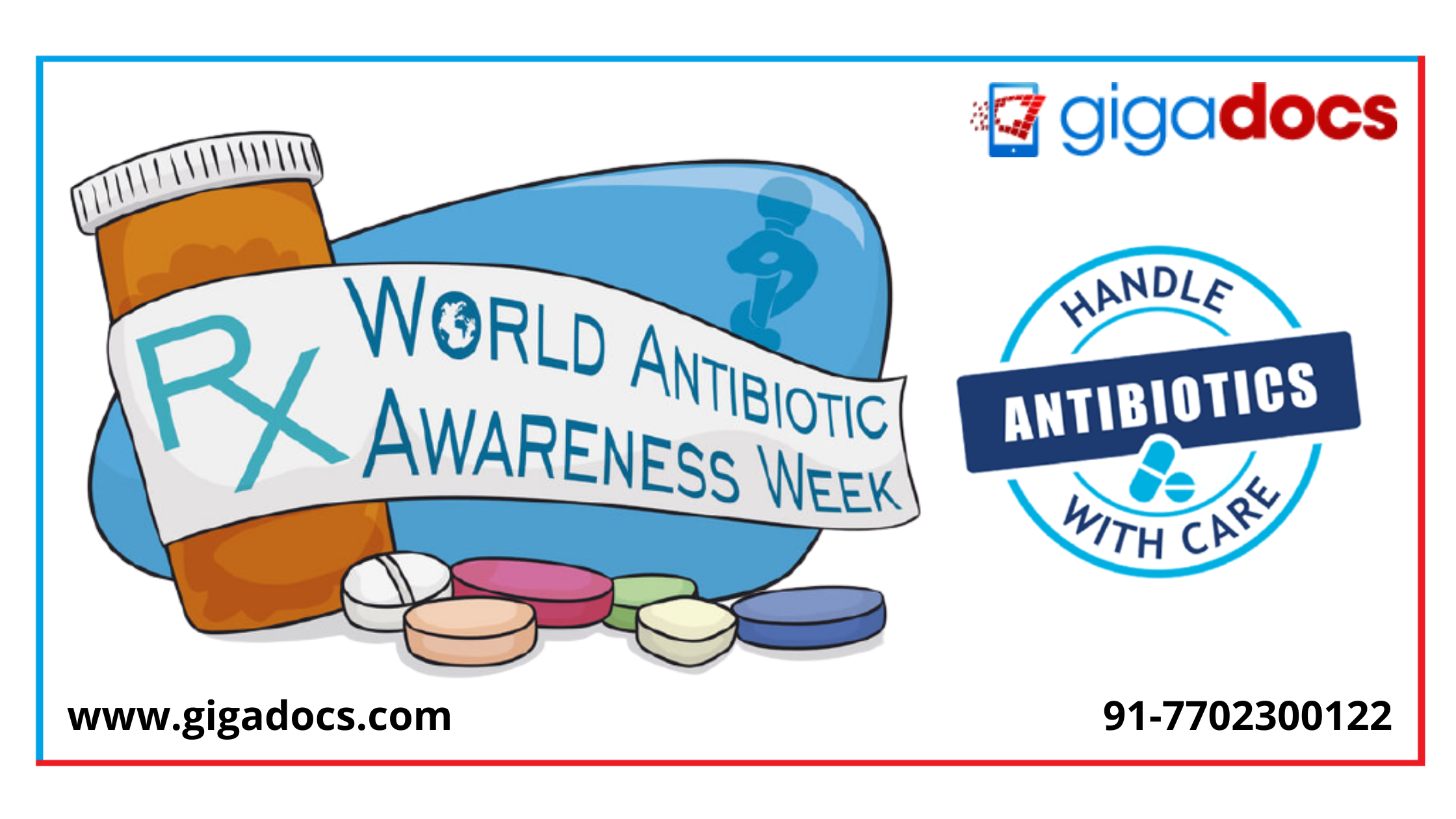What initially enters your thoughts when you hear the month of February? Right, it’s Valentine’s Day. February is not just about celebrating love; it’s also about using the internet safely.
Maintaining data security in health research is crucial since it necessitates gathering, storing, and utilizing substantial volumes of individually identifiable health information, much of which may be delicate and humiliating. If security is compromised, there could be a lot of negative effects on the people whose health information was improperly accessed.
This entire conversation concerns your Internet security, particularly regarding your medical information. The Safer Internet Day, a yearly international celebration conducted on the second Tuesday of February to encourage Internet safety, is momentous. It tries to increase public awareness of potential internet threats such as identity theft, online predators, and cyberbullying. It also attempts to offer advice and resources to aid in online safety.
On February 7, 2004, the first Safer Internet Day was observed. The Insafe network, a network of awareness centers throughout Europe that promotes internet safety and digital literacy, organized the event. Since then, safer Internet Day (Internet Safety Day) has become more well-known and is observed annually.
Why Should You Be Concerned?
It’s more challenging to protect data in the healthcare sector. Healthcare providers and their business partners must balance maintaining patient privacy, providing high-quality care, and adhering to stringent regulatory obligations.
Safer Internet Day is an important occasion that raises awareness of the value of online security and the possible threats users may encounter. You can defend yourself and your loved ones from online risks by engaging in and learning about Internet safety.
Internet security and your health
Millions of consumers use digital media to find others with similar health-related worries and experiences and programs to track their health issues. Some of this information will be current and reliable, while others won’t. How do you distinguish between the two?
Here are some recommendations for safeguarding healthcare data from today’s dangers as part of a comprehensive approach that goes beyond compliance.
- Avoid using fast fixes. A money-back guarantee does not necessarily imply that something works, so keep that in mind.
- It is crucial to use caution while providing personal information on any website. Never divulge your personal information.
- Be sure the website has a secure server before making any purchases. You can know by looking at the box that lists the website address near the top of the screen. Look for “https” at the beginning of the web address.
Use a Secure Password
You should adhere to these best practices for password security to set a strong password:
- A password should have at least 12 characters. The strength of a password increases with length.
- Use a combination of capital and lowercase letters, special characters (#, @, etc.), and numbers to construct a safe password. It will be simpler to guess as a result.
- Your password shouldn’t contain personal information like your name or date of birth. Attackers frequently have access to this information and can infer or discover it.
Enable Two-Factor Authentication Whenever Possible
Two-factor authentication is an additional security measure that helps protect critical online accounts from unauthorized access. Specifically, it requires you to enter a unique code after receiving it via a text/Whatsapp message or email. Enabling two-factor authentication is a good idea for any online account. Many services offer it as an option, so it should be taken advantage of whenever possible.
Be Cautious of What Information You Share Online
Be aware of the personal information you share online, as it can impact your privacy and security. Consider the potential consequences before you post, avoid sharing sensitive data, adjust your privacy settings on your social media accounts and other online services, and be cautious of people you don’t know who ask for personal information.
Why do you need an EMR account?
Electronic medical records (EMRs) are digital versions of paper medical records in the clinician’s office. An EMR contains the medical and treatment history of the patients in one practice. EMRs have advantages over paper records. For example, EMRs allow clinicians to:
- Track data over time
- Easily identify which patients are due for preventive screenings or checkups
- Check how their patients are doing on certain parameters—such as blood pressure readings or vaccinations
- Monitor and improve the overall quality of care within the practice
- Use the highest cybersecurity protection to keep patient data safe.
How is your data protected by Gigadocs using EMR and encryption?
Data encryption should be discussed first because it is essential to Gigadocs’ cyber security plan. If you’re wondering what safe encryption is, read on.
Let me respond: Encrypting patient data safeguard information by rendering it incomprehensible to unauthorized users. Your data is changed into a new form by Gigadocs’ encryption process, making it impossible to read without a key or code. So, due to additional security measures, even if encrypted data is stolen in terrible circumstances, it remains unreadable. We strongly advise all patients to use Gigadocs for their EMR (Electronic Medical Record). Your health records are all kept in one location, safely encrypted, using an EMR.
Thus, be rest assured when you share your data with us. Your data and health records are safe with us. To know how we can help you in consulting with the best health specialists for your chronic and non-chronic health needs, please reach us by downloading the Gigadocs app from-
- IOS App – apple.co/2W2iG4V
- Android App – bit.ly/33AQoRC




